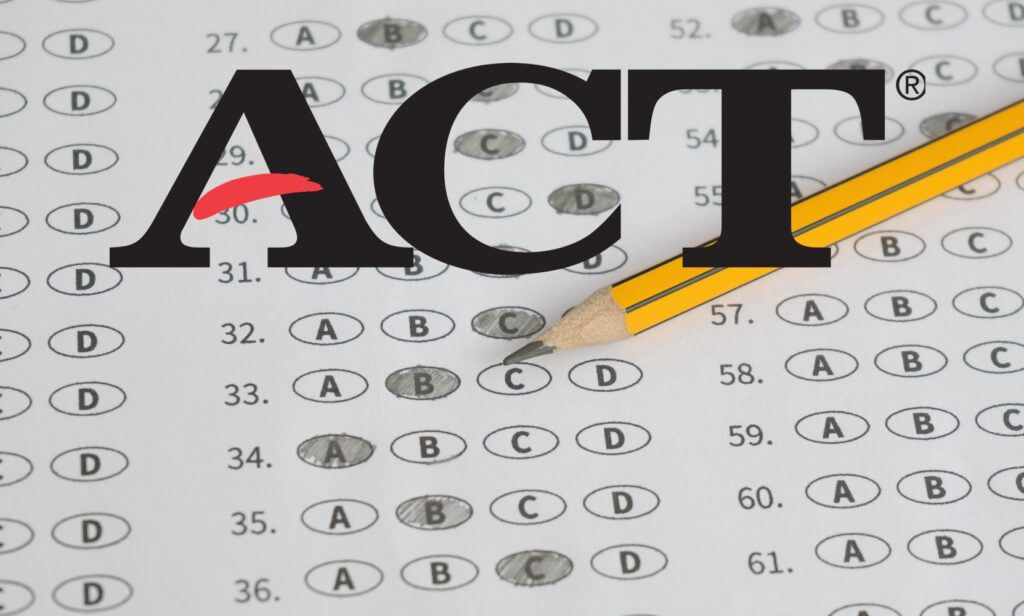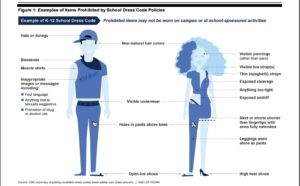ACT trims test in bid to make it easier, less expensive for students to finish
ACT Education Corp has announced “enhancements” to the ACT college entrance test in a bid to reduce the cost of the test and allow students more time to complete test questions.
The changes…

ACT Education Corp has announced “enhancements” to the ACT college entrance test in a bid to reduce the cost of the test and allow students more time to complete test questions.
The changes will reduce the test’s length by 44 questions, truncate the reading passages, make the science portion optional, and shorten testing time from three to two hours. The test’s 1-36 scale scoring system will remain the same.
ACT, initially short for American College Testing, did not respond to request for comment about whether the difficulty level of test questions has been reduced.
The changes come on the heels of a massive decline in testing requirements for college entrance. A January 2024 report by Common Application found that while 55% of its member schools required applicants’ test scores in 2019-20, only 4% required them in 2023-24.
ACT’s parent organization hopes the increased flexibility of optional science and writing portions will broaden the test’s appeal.
The company began its transformation from a nonprofit to a for-profit entity called ACT Education Corp in April. It is now working not only to make the ACT test more relevant, but also to create K-12 testing and workplace development products.
Another popular college entrance exam, the SAT (formerly Scholastic Aptitude Test), was re-released in a shorter, online-only format this March. Unlike the ACT, the changes didn’t reduce the cost of the test. The move to a digital SAT format came in the wake of major staff layoffs and declining use of the test.
Despite recent downward trends in use, it’s possible that standardized college entrance tests could make a modest comeback. Some universities such as Harvard are reintroducing test score requirements in applications.
In addition, the rise of AI use in essay writing is forcing schools to look for more plagiarism-resistant application elements. While some colleges are turning to video essays, it’s possible others will return to reliance on ACT and SAT scores.
Still, as student populations decline and schools explore alternative admissions criteria, it seems likely the ACT will continue to face market challenges over the next few years.
ACT CEO Janet Godwin has expressed concerns about GPA inflation and presented the ACT as a measure for detecting it. Godwin warned in a press statement that “less reliable grades will make it even more challenging for students to determine their next steps beyond high school.”
Experts warn that failure to achieve content mastery – which can be hidden by grade inflation – sets students up for poor college performance.
Despite ACT’s opposition to the trend of inflated grades, the test can’t entirely escape its side effects: Equity-based college entrance policies that deemphasize grades and objective performance measures – in favor of driving up enrollment among demographics considered to be marginalized – drive colleges away from tests like the ACT.
Left-wing activist organizations such as FairTest are pressing for abandonment of standardized college entrance testing altogether, alleging racial bias or that such tests favor wealthier students who have more time and resources to aid test preparation. All this aids in decreasing the perceived relevance of the ACT.
While calls for testing reform or better measures of subject mastery have come from a variety of quarters, the ACT still serves as one of the few constants in measuring national college readiness.
But it’s unclear whether the recent cuts to the test will change its efficacy in doing so. The online version of the new ACT will be rolled out in spring 2025, and the school-day testing version in spring 2026.



